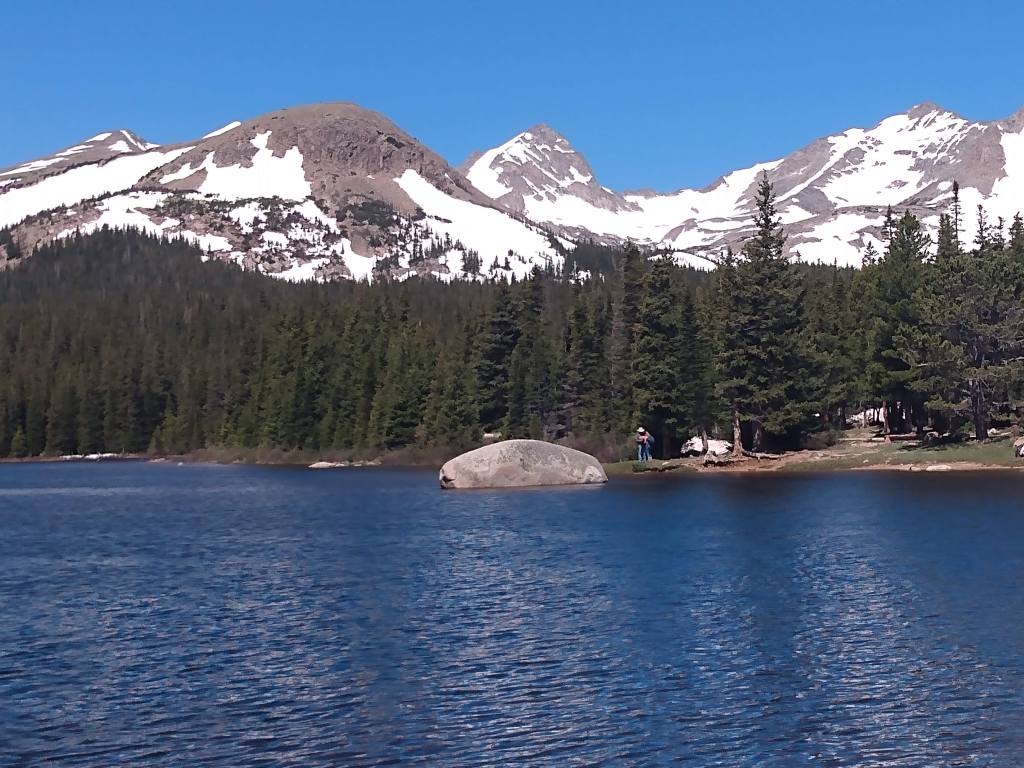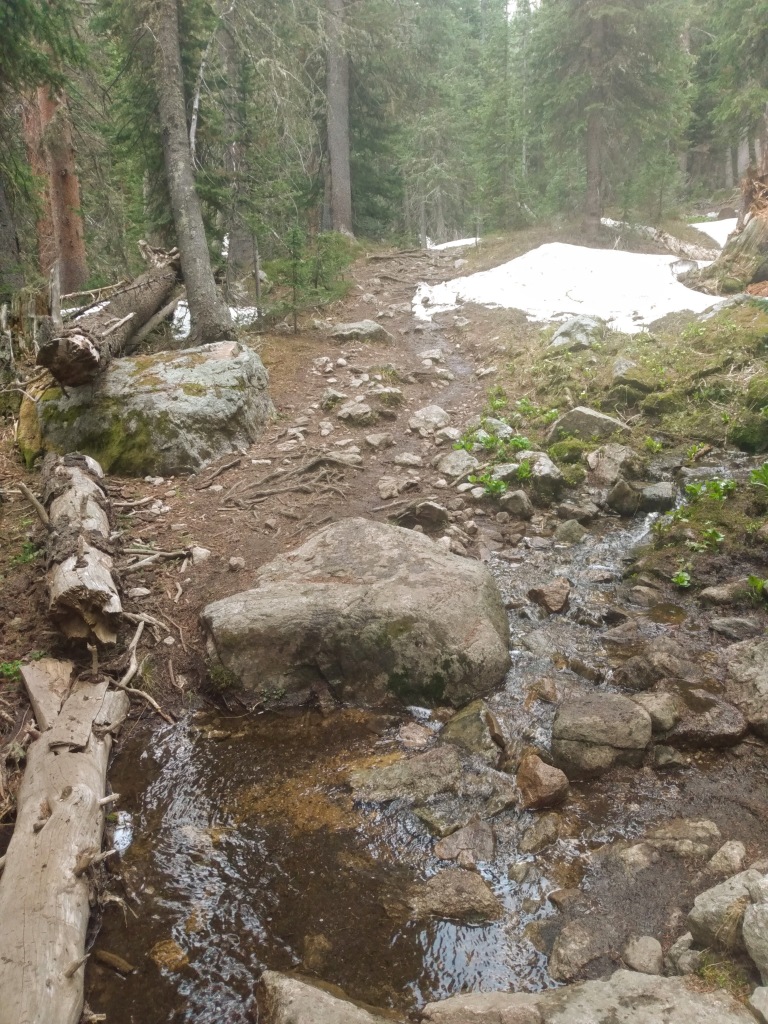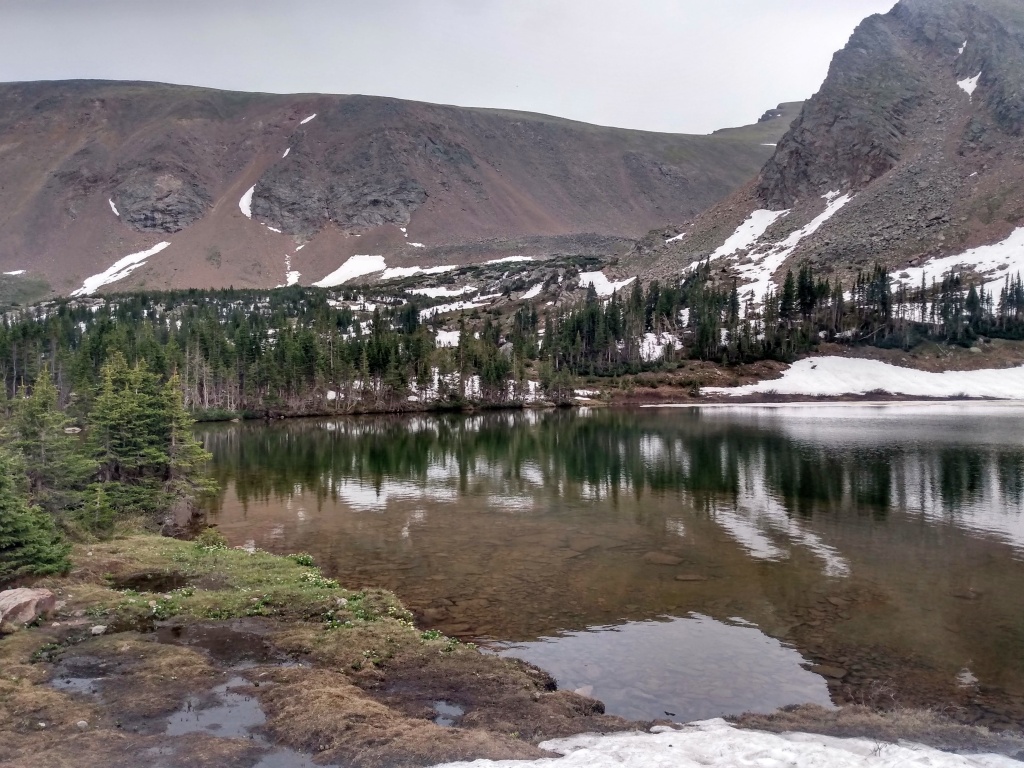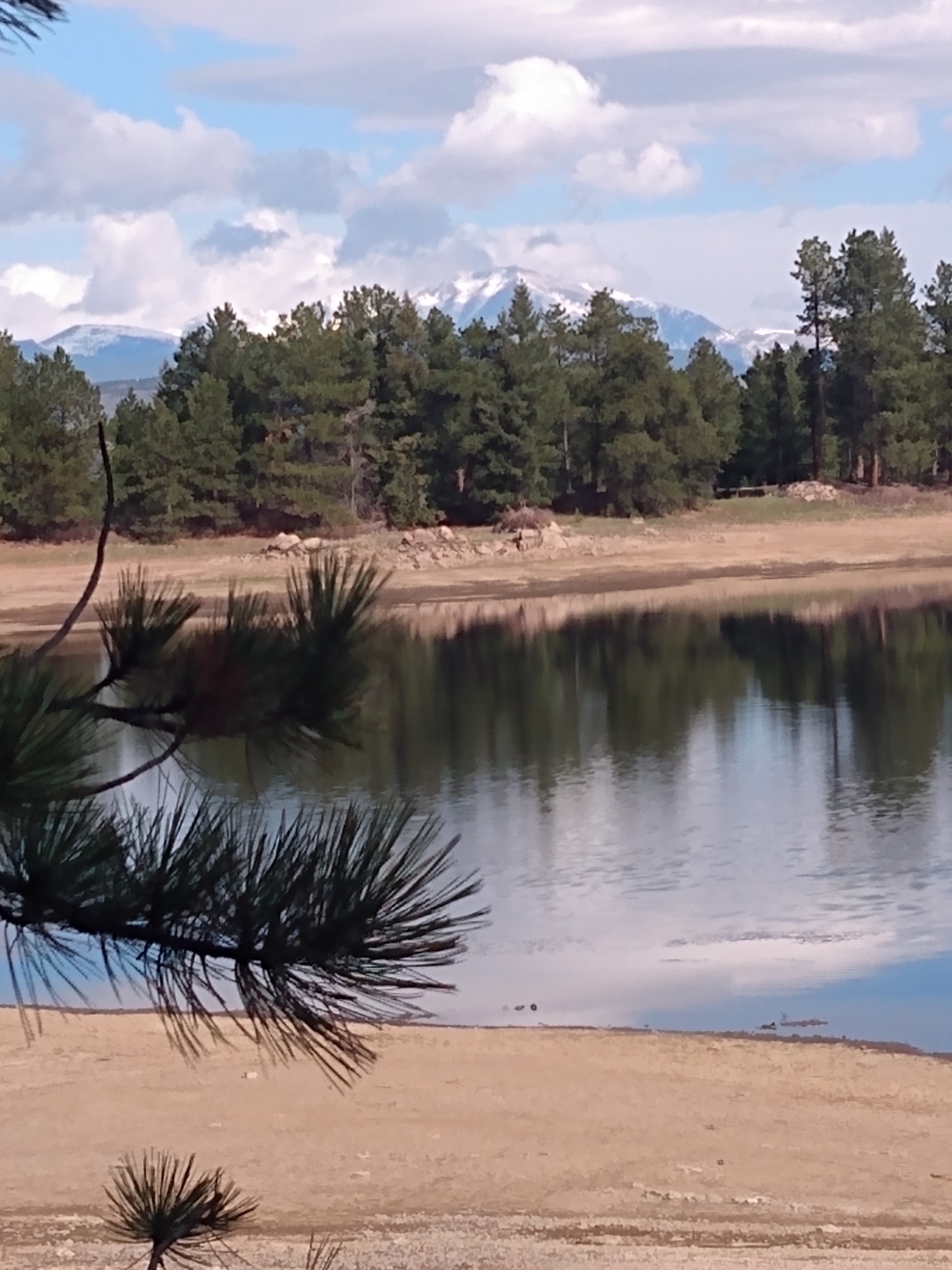
This is the solstice, the still point
of the sun, its cusp and midnight,
the year’s threshold
and unlocking, where the past
lets go of and becomes the future,
the place of caught breath, the door
of a vanished house left ajar.
Margaret Atwood: excerpt from Shapechangers in Winter a long poem in her 1996 collection Morning in the Burned House.
Now we are past the winter solstice of 2020, a year many people are looking forward to bidding good-bye to. A year that has been defined by Covid, fires, protests, election. People across the world have been in and out of lockdown, restrictions, changes and of course losses of all kinds. And then a different Christmas, not travelling, not gathering, re-inventing rituals, adapting them to smallness.
We stand on the threshold between 2020 and 2021 where the past lets go of, and becomes, the future. How are you making sense of the way you’ve got through the last year, what have you learned? Before Christmas I worked with many of my clients on identifying the strengths, skills and experiences that had supported them in difficult times.
Some people have read their way through the year of Covid, others have watched their way through it. People took up different activities, abandoned others. Making lists is one way to see where we’ve come from (the media are full of end of year lists) and aslo of weaving together the strands of the past. What do your lists look like?
Make a list of:
- Reading: books, poems, papers etc
- Watching: films, series, shows
- Walking: places, routes, observations
- Eating: changes in habits
Then devise your own taxonomy for your list – put things into categories and write about what you notice. Reflect on what it tells you about your life during Covid. What have you learned?

- What haven’t you done this year?
- What did you let go of? [These lists will contain both positive and negative allow yourself to be surprised]
One new and surprising activity for me was discovering digital story-making, a fascinating combination of words and images to tell personal and therapeutic stories. I took a workshop with Patient Voices where, under the skilled tutelage of Pip Hardy and Tony Sumner, I found myself making the story I needed to make before I knew it myself: A Story of Death and Birth
Some people wrote books:
My student Yocheved Rottenberg published her book combining the wisdom of Jewish writings with therapeutic writing:
Begin the year with a gentle combination of writing and yoga: The Pen and the Practice: Envisioning 2021 with Journalling and Breath-Centred Yoga is a two and a half hour zoom workshop on January 9th to help you look ahead. Details here.







 literally could not write—a neurological event utterly disrupted my mental and physical processes. The re-learning was slow. I was unlanguaged and felt cut off from my very self when I could not write.
literally could not write—a neurological event utterly disrupted my mental and physical processes. The re-learning was slow. I was unlanguaged and felt cut off from my very self when I could not write. Nostalgia, the bittersweet emotion, that mixture of regret for what has gone and sweetness of what it was, offers us the choice of focussing on the sadness and loss or the happiness, not wallowing in loss or bitterness but celebrating the good parts of our experience.
Nostalgia, the bittersweet emotion, that mixture of regret for what has gone and sweetness of what it was, offers us the choice of focussing on the sadness and loss or the happiness, not wallowing in loss or bitterness but celebrating the good parts of our experience.